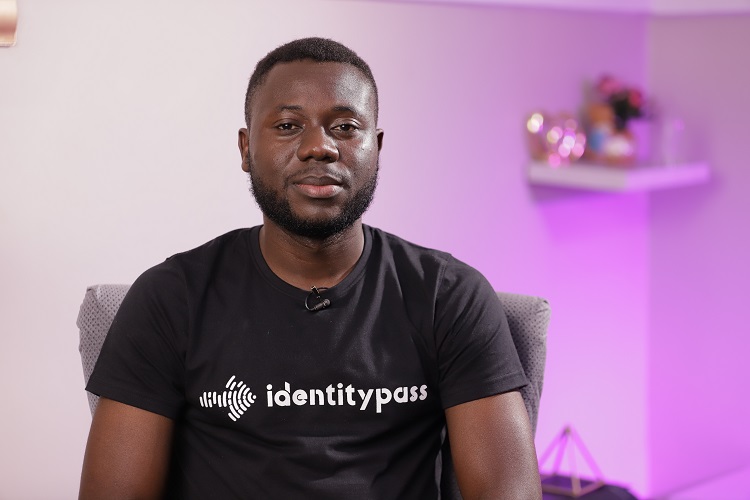The Chief Executive Officer of Identitypass, an identity verification API for Africa, Mr. Lanre Ogungbe, has said that identity theft is rising in Nigeria because many people are getting careless with their data.
This is even as he disclosed that most identity theft cases in Nigeria are connected to taking loans.
According to him, identity theft for loans has become prevalent as there are now many platforms offering loans without putting in place the right security infrastructure to detect fake identities.
He said the crime is increasing because security breaches where identities are stolen and used inappropriately are mostly not reported.
Speaking in an exclusive interview with Nairametrics, Ogungbe said Identitypass, in the process of verifying identities for businesses in Nigeria, has discovered that in every 10 IDs verified, at least 1, turns out to be fake.
He said there is also a prevalence of relatives using personally identifiable information of another, for example, the husband using the wife’s ID, kids using parents’ data, and other relatives without approvals.
What the Identitypass CEO is saying
Suggesting solutions to the identity challenge and security breaches in Nigeria, Ogungbe said:
- “In developed countries, there are timely reports on breaches in order to implement measures to prevent occurrences. There need to be incentives that promote adherence to security guidelines, ensuring that data breaches are reported and done promptly.
- “This would help us as a nation, to come up with a stronger security framework that makes our security infrastructure more secure and reliable.”
- “From a business morality standpoint, we also need to enforce data protection regulations in terms of adequately verifying loan requests, account verifications, and further access to customers’ data, e.g. access to all phone contacts on the loan requestor’s contact card.”
- “We have a personal role to play in information security — from driver’s licenses, voter’s cards, and debit cards — there’s a need to cultivate intentional habits around the use of our IDs.
- “On Twitter, for example, we see people who freely give out information on threads like “share your surnames”, and “drop your account numbers/BVNs, you might get lucky”.
Meanwhile, this could be used as a means of acquiring sensitive data he stated
- “In the entire identity spectrum, the weakest link is the human and this reinforces the need for responsibility and consciousness around digital security,” Ogungbe added.
What you should know
Identitypass in May this year raised $2.8 million to expand its identity verification business and to roll out new verticals around compliance, security, and data collection
- The company has processed over 1 million distinct verifications since launch, with government-approved IDs, such as national IDs, driver licenses, international passports, bank verification numbers (BVN), phone numbers, vehicle plate numbers, debit cards, security watchlists and tax history included in its offerings.
- Its products enable clientele to verify, gain deeper insights about users and businesses, and detect as well as prevent fraud. Users can easily integrate data searches to retrieve contact or user data and are allowed to personalize web pages with contact or visitor information when they implement Identitypass’ data search on their website/application.
Businesses from across the fintech, e-commerce, education, mobility, and other sectors leverage the platform and are spread in countries such as Nigeria, the United Kingdom, Kenya, the United States, and India.

















